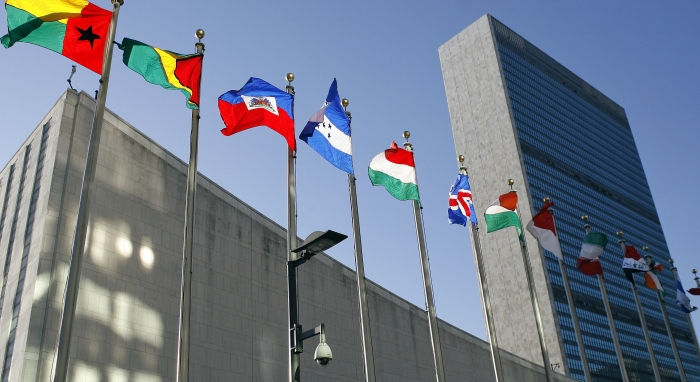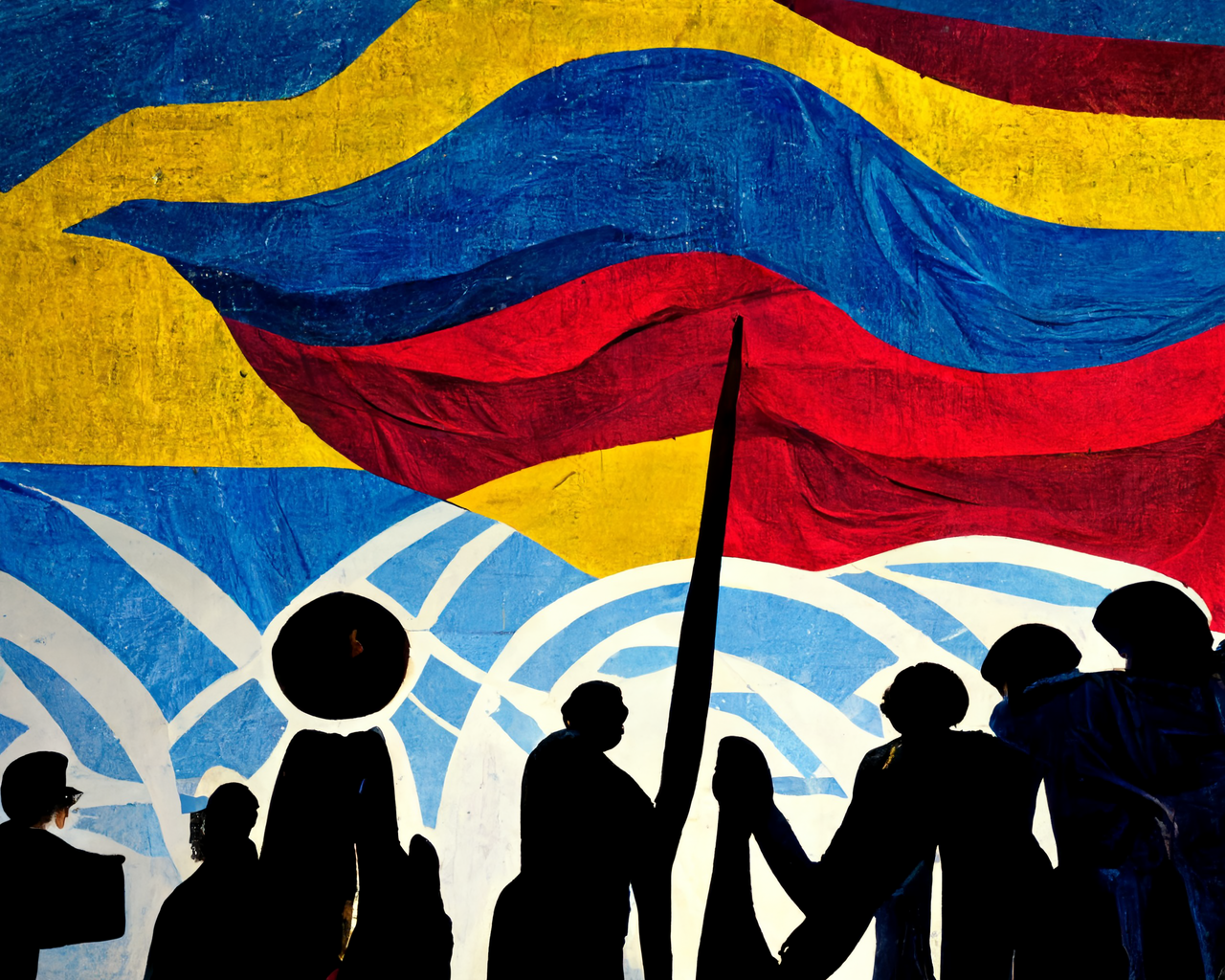
Launch of the Network of Defenders rights' protection in Africa
ISHR, in collaboration with its various partners, has established a network of legal professionals for the protection of human rights defenders in Africa
Photo: ISHR

In a year that deep cuts were made to UN budgets, resourcing for human rights activities took a hit. Concluding its main session, the UN General Assembly’s approved approximately 50% less funding for some human rights posts than requested. Funds to support the work of treaty bodies were cut, but the need to adequately fund treaty bodies was reaffirmed, establishing a mandate for future resource requests.
In his proposed budget for 2018-2019, the UN Secretary General requested eleven new posts to support treaty bodies in dealing with backlogs and with the expected increase in individual communications and State reports. The General Assembly Plenary, accepting the recommendation made to it by its budgetary committee – the Fifth Committee – approved five. The final decision represents a compromise between providing no resourcing for extra posts – a position advocated by China – and the full request of eleven.
The Secretary General’s request for the posts was based upon a 2014 decision taken by the General Assembly to ensure funding for treaty bodies. Whilst his request was not met in full for this biennium, the Fifth Committee did reaffirm the 2014 decision, thereby establishing a mandate for future resource requests.
‘The failure to meet the request for support of treaty bodies is frustrating,’ said ISHR’s Tess McEvoy. ‘The General Assembly has already decided greater funding for treaty bodies is required to deal with systemic problems and future challenges.’
‘The percentage of the UN budget directed to support the human rights pillar is already tiny. To then carve off funding for posts already agreed as essential, makes no sense,’ she added. ‘The General Assembly ignores the fact that investing in human rights protection is a smart choice.’
The funding for a post to carry out an audit of the UN’s work to support human rights defenders, was also cut, from a 6 month position, as requested, to a 3 month one.
‘This outcome is reflective, at least in part, of the lack of understanding by diplomats working on UN budgets of the importance of the tasks the funding is required for,’ said ISHR’s Eleanor Openshaw.
‘However, the report will be written, and it will be up to all concerned – including civil society – to encourage relevant UN bodies to engage with the process,’ she added. ‘The report is needed to figure out how to maximise the impact of the UN’s work with human rights defenders.’
Decisions directly affecting human rights activities were caught up in a powerful push – particularly by the US – for deep cuts to the proposed biennium budget. The approved UN regular budget for 2018 -2019 of $5.397 billion, is almost $200 million below what the Secretary General had sought, and 5% less than the budget approved for 2016-2017.
Earlier in December, the General Assembly plenary took action on resolutions adopted by the Third Committee at the end of November. Consensus resolutions were rubberstamped. Where texts had been contentious at the Third Committee stage, in many cases similar arguments were repeated during the plenary. Sudan called for two votes related to references to the International Criminal Court in Third Committee resolutions.
Country resolutions that were voted on saw no major shifts from voting patterns at the Third Committee. Resolutions on the DPRK (North Korea)and Myanmar were not voted on. The DPRK, China, Russia, Cuba and Iran dissociated themselves from the consensus on the former.
Archived footage of the Fifth Committee open session and General Assembly plenary meetings can be found at UN Web TV.

ISHR, in collaboration with its various partners, has established a network of legal professionals for the protection of human rights defenders in Africa

Venezuela is at a complex political juncture. In this context, sixteen national and international civil society organisations have put forward a ten-point list of priority demands.

Fifty organisations urge the UN Human Rights Council to urgently convene a special session to address an unprecedented escalation in mass unlawful killings of protesters in Iran.